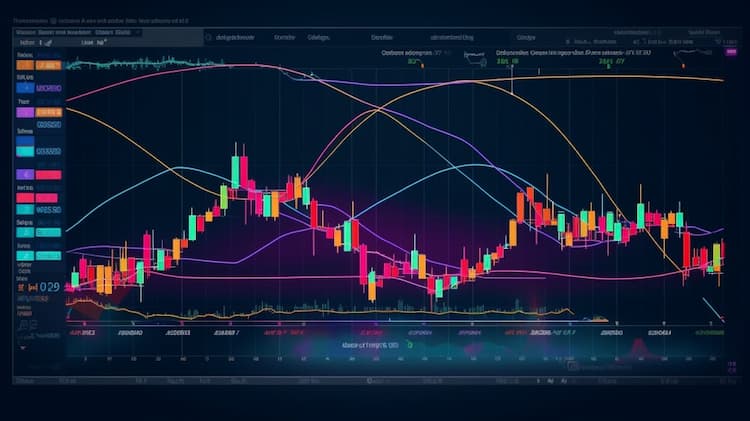
FXE VS FXB
Exchange-Traded Funds (ETFs) have become a crucial tool for investors, offering diversified exposure across various financial markets. In this article, we will conduct a comprehensive comparison between two prominent currency-focused ETFs: FXE (Invesco Euro Currency Trust) and FXB (Invesco British Pound Sterling Trust). We'll delve into various aspects, including ETF tickers, full names, issuers, sectors, top holdings, capitalization, strategy, tracking, and exposure.
FXE Vs FXB: Overview
FXE and FXB are ETFs that focus on different currency pairs, catering to investors interested in the Euro (EUR) and British Pound Sterling (GBP), respectively. While FXE tracks the performance of the Euro relative to the US Dollar, FXB is designed to reflect the value of the British Pound against the same benchmark. Understanding the specific currencies and regions these ETFs represent is crucial for informed investment decisions.
FXE Vs FXB: Sectors and Top Holdings
The FXE ETF primarily focuses on the Euro currency itself, allowing investors to gain exposure to the Euro's fluctuations in value. In contrast, FXB invests in British Pound Sterling, offering a different perspective on currency markets. It's essential to consider factors such as economic indicators, geopolitical events, and interest rate differentials when assessing the potential movements of these currencies.
 FXE overlap FXE VS FXB
FXE overlap FXE VS FXB
FXE Vs FXB: Capitalization and Strategy
FXE and FXB have varying asset under management (AUM) figures, reflecting their popularity and the level of investor interest in each currency. The strategies behind these ETFs differ as well. FXE is aimed at investors seeking exposure to the Euro as an alternative or complementary currency to the US Dollar. FXB's strategy revolves around tracking the British Pound Sterling's performance, which can be influenced by events like Brexit and economic data releases.
FXE Vs FXB: Tracking and Exposure
The tracking mechanisms of FXE and FXB are tailored to their respective currencies. FXE tracks the Euro's value against the US Dollar, aiming to reflect the Euro's strength or weakness relative to the Dollar. On the other hand, FXB tracks the British Pound Sterling's value against the US Dollar. Both ETFs provide investors with exposure to foreign exchange movements, allowing them to participate in currency fluctuations without directly trading in the forex market.
Conclusion
FXE and FXB offer investors an opportunity to gain exposure to specific currency pairs without delving into the complexities of the foreign exchange market. Each ETF presents a unique perspective on the Euro and British Pound Sterling, providing avenues for diversification and risk management in investment portfolios. For those looking to gain more insights into the nuances of these ETFs, including holdings, correlations, and overlaps, ETF Insider stands as an invaluable tool. With its user-friendly app, it empowers investors with extensive details about these financial instruments and beyond.
Disclaimer: This article is intended for informational purposes only and does not provide investment advisory services.
Sources:
Invesco. (n.d.). Invesco Euro Currency Trust (FXE). Retrieved from https://www.invesco.com/us/financial-products/etfs/product-detail?audienceType=Investor&ticker=FXE
Invesco. (n.d.). Invesco British Pound Sterling Trust (FXB). Retrieved from https://www.invesco.com/us/financial-products/etfs/product-detail?audienceType=Investor&ticker=FXB
FAQ
Why is FXE better than FXB?
FXE may be considered better than FXB for some investors due to its specific focus, offering diversification.
Does FXB beat FXE?
FXB's performance relative to FXE will vary over time, depending on market conditions.
Should I invest in FXE or FXB?
The choice between FXE and FXB should align with your investment goals, risk tolerance, and desired exposure.
Are FXE and FXB good investments?
Both FXE and FXB can be suitable investments depending on individual investment strategies, goals, and risk profiles.
What is the correlation between FXE and FXB?
The correlation between FXE and FXB can vary over time, reflecting differences in performance.





